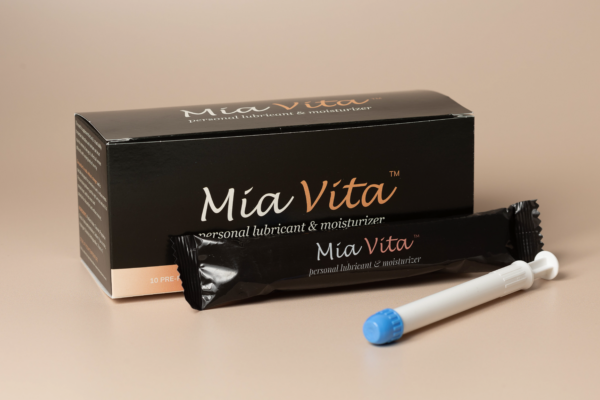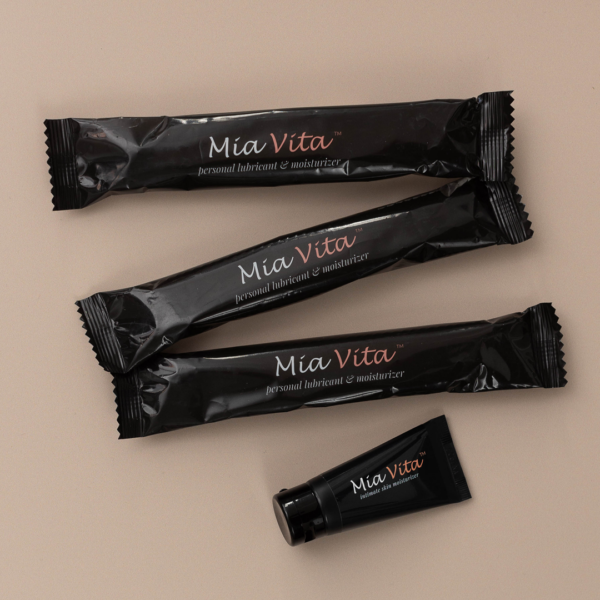
The hormonal and physiological upheaval of the menopausal transition involves navigating an unfamiliar landscape of new and uncomfortable symptoms. For some women, nausea is one of those symptoms. Following are some of the reasons you may experience nausea during menopause and how you can prevent or manage it.
What causes nausea in menopause?
Vasomotor Symptoms
Hot flashes and night sweats can come on very suddenly at any time of the day or night. For women who experience severe vasomotor symptoms, these abrupt episodes may include a combination of rapid change in blood flow, heart palpitations, spikes in blood pressure, dizziness, feelings of pressure in the head or chest, and sudden profuse sweating followed by chills as the sweat evaporates. These symptoms and the sense of loss of control over one’s body they cause can be a source of anxiety, which, in turn, can lead to nausea.
Medications
Many women are prescribed medications to help with menopause symptoms and among the most common are antidepressants. Though these medications have been shown to be effective for managing vasomotor symptoms, there are also a range of common side effects associated with their use, including nausea. Taking anti-depressant medication with food or at bedtime may help reduce the risk of nausea. Consult your HCP to determine the best course of action if your nausea does not subside.
Migraines and Hormone Fluctuations
Women are three times as likely as men to suffer from migraines, with nausea being a common symptom. During a woman’s reproductive years, one of the precipitating factors that typically triggers migraine attacks is the sudden drop in estrogen levels that occurs prior to menstruation. Similarly, during the transition through perimenopause and menopause, fluctuations in estrogen can cause migraine symptoms to worsen. As a result, many women with migraines may experience more frequent episodes during this stage of life.
Preventing and managing menopause-related nausea with diet
If you are prone to experiencing nausea in conjunction with hot flashes, fine-tuning your diet may help.
Foods to Avoid
Avoid or limit certain foods and beverages, such as alcohol, caffeinated beverages, spicy foods, and hot beverages, which can trigger hot flashes.
Foods to Add
Some foods can help to settle your stomach and alleviate nausea and are good to have on hand. These include ginger in the form of tea, candy, or ginger ale; peppermint tea or candy; and sour or salty foods.
Additionally, fermented foods or probiotic supplements can help improve digestion, which may reduce the occurrence or severity of nausea symptoms. Probiotic supplementation has also been shown to reduce anxiety and stress levels in menopausal women.
Lifestyle changes to help you manage nausea during menopause
To reduce hot flashes and associated nausea use air conditioning or portable fans, dress in layers, and use cool compresses, as needed.
Practice Stress Management
Menopause is a time of personal transformation, which makes it a great opportunity to shed excess stress and anxiety in your life. Avoid taking on additional responsibilities during this time and instead pare down a few old ones by delegating tasks at home or at work that you no longer enjoy (or never did). Add a few items to your self-care regimen, like a weekly massage or facial; start or renew a yoga practice; take art or music classes.
Exercise Regularly
Exercise reduces stress and improves cardiovascular function, and has been proven to reduce the frequency and severity of hot flashes, which makes it a safe and potentially effective way to manage these contributing factors to nausea during menopause. Exercise can also alleviate symptoms of depression and may decrease the need for antidepressant medications that can cause nausea as a side effect.
Prioritize Sleep
Insufficient or poor-quality sleep is itself a common menopause symptom and it also can lead to worsening of other symptoms, including nausea. To promote restful sleep, maintain a regular sleep schedule and keep your bedroom temperature cool. If excess light and sound are affecting your sleep consider using blackout curtains or a white noise machine.
Keep in mind that some lifestyle changes can take a while to take effect. If these or other diet and lifestyle modifications fail to provide sufficient relief from menopausal nausea there are over-the-counter or prescription anti-nausea medications that may help.
Finally, nausea during menopause may be a symptom of another underlying health condition. If you experience persistent or progressively worsening nausea, discuss your symptoms with your doctor.
FemmePharma has been helping women navigate menopause for over two decades. No matter where you are in your journey, you deserve to have knowledgeable, intimate healthcare partners to help you feel your best. Explore our other articles, podcast episodes with women’s health experts, and products to ease your transition into menopause.


